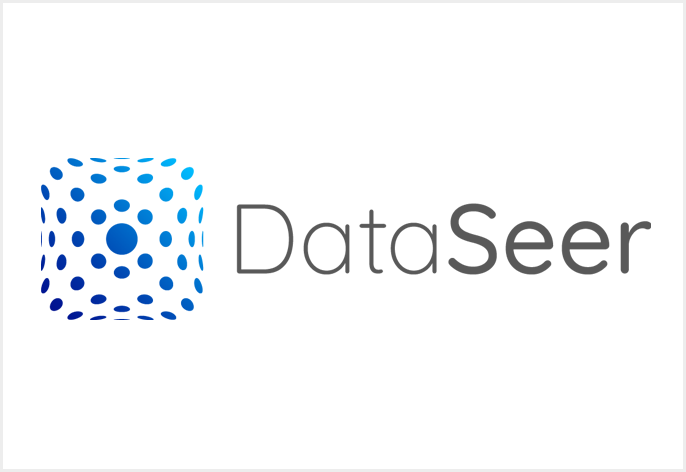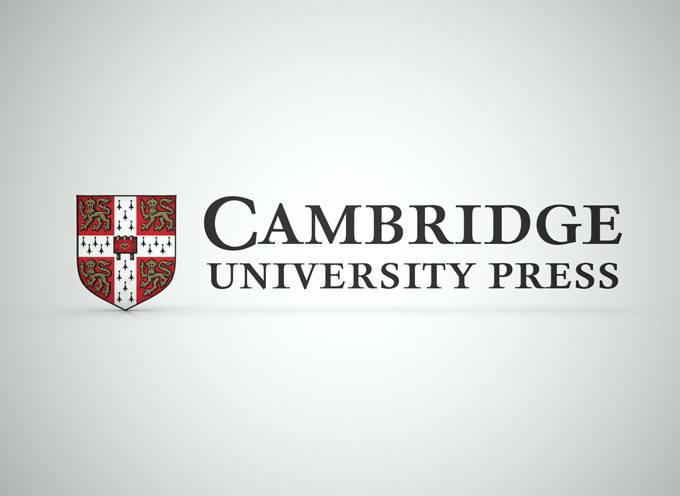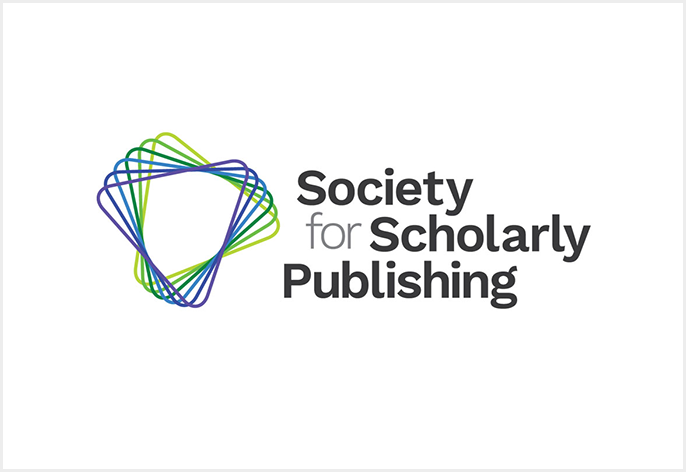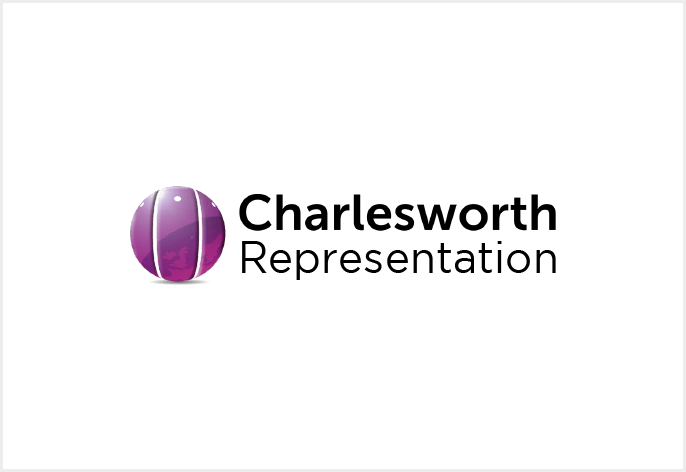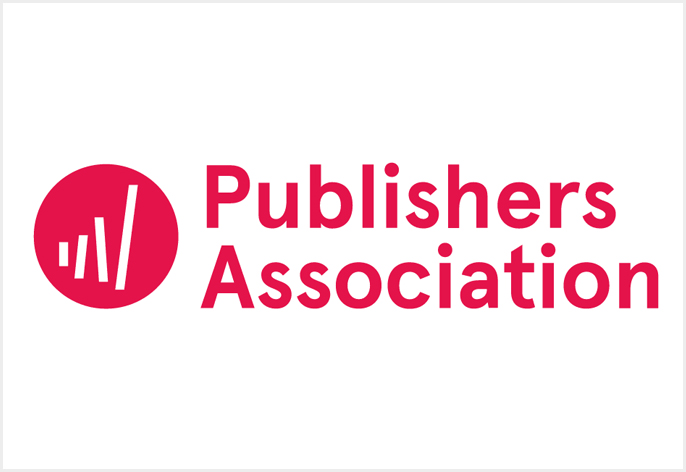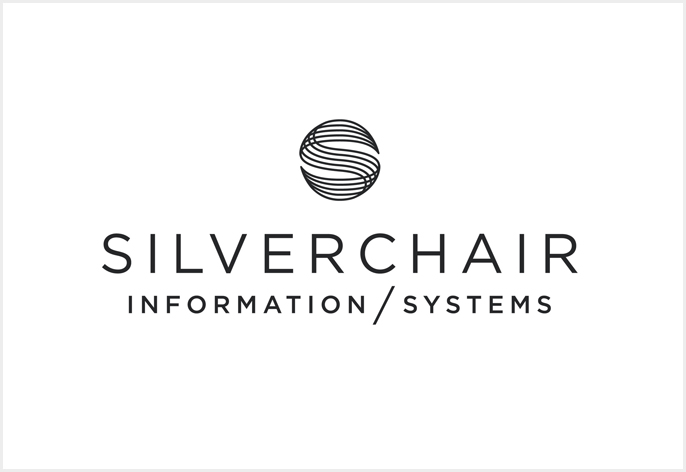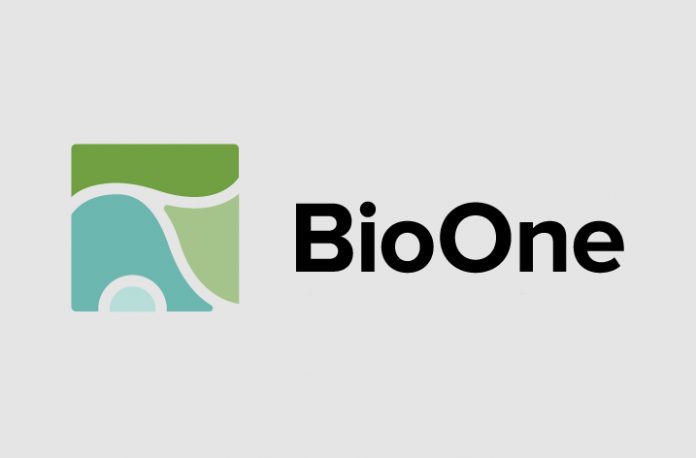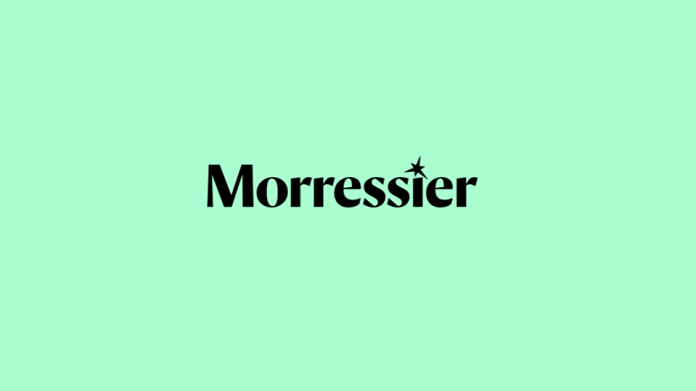DataSeer.ai, a leading provider of open science analytics and compliance solutions, is partnering with IOP Publishing, a leading society physics publisher, to deliver a pilot project in support of open science.
The pilot project will help build an understanding of how researchers are adopting open science practices across IOP Publishing’s portfolio of proprietary journals. Supported by DataSeer.ai’s advanced analytics platform, it will explore the use of open science indicators with a focus on open data practices. The findings will help enhance knowledge of current practice and indicate future directions for supporting open research.
This work forms part of a wider move towards the open sharing of research data in many disciplines. Access to data enables replication of research and strengthens trust in the results. Giving access to original data, researchers allow others to learn from their practices and build on their results. Open sharing of research data can also expand the visibility and impact of researchers’ work.
“We’re excited to start out on this innovative pilot project with IOP Publishing,” said Dr Tim Vines, Founder and CEO at DataSeer.ai. “By combining our expertise in open data analytics with IOP Publishing’s commitment to open science, we can generate actionable insights , and ultimately drive positive change in how research is conducted and communicated.”
Daniel Keirs, Head of Journal Strategy and Performance at IOP Publishing says: “Our partnership with DataSeer will provide an important insight into open science practices across the physical sciences and support our future efforts to help accelerate scientific discovery and promote a culture of transparency and reproducibility in scientific research.”























